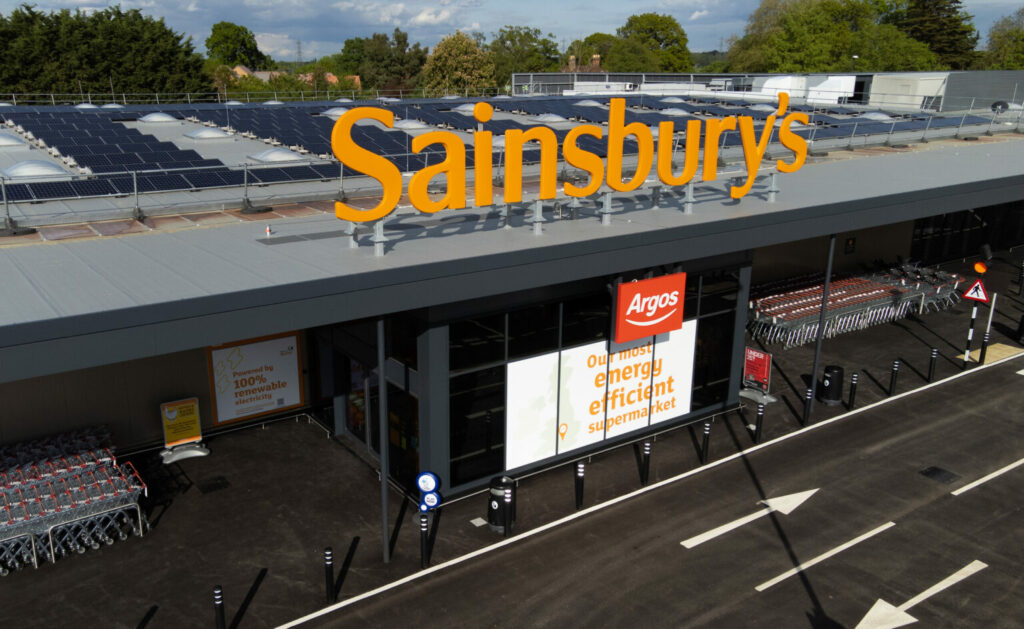// Ratings downgrade follows pre-tax loss and concerns over energy costs and inflation
// Iceland points to increasing footfall and strong performance record in previous downturns
Iceland fell into the red last year, which has led to its debt rating being downgraded by Moody’s.
Companies House accounts for the year to 25 March revealed Iceland plunged to a pre-tax loss of £4.1 million compared with a profit of £73.1 million in the prior year, which was boosted by exceptional Covid demand.
Iceland’s sales dropped 4.3% to £3.55 billion, while its market share reduced slightly to 2.3% from 2.4%.
Adjusted EBITDA for the period fell to £127.1 million from £171.9 million following a substantial decline in its first quarter before steady improvement through the year.
Exceptional items totalled £30 million in the year, driven by impairment of inter-company loans, Covid-related costs, restructuring costs and expenses associated with the delivery driver shortage.
Iceland said it experienced a record-breaking Christmas in the third quarter and had traded well through the final quarter, with improving in-store performance.
However, credit ratings agency Moody’s downgraded the company from B2 to B3 – six below investment grade and rated “highly speculative” – amid concerns over the impact of inflation, energy costs and consumer spending.
READ MORE: Iceland launches ‘Value Essentials’ budget range
Moody’s said: “Rising inflation is likely to erode the already thin operating margins of UK grocers this year as the sector remains very competitive and companies are cautious to raise prices in order to preserve market share.”
Moody’s said it expects that Iceland’s electricity bill will more than double in fiscal 2023, ending March, compared with the prior year, and noted the company’s “already weak credit metrics”.
Iceland’s own outlook was that it had “always performed strongly in the past during periods when GDP has contracted and household incomes have been squeezed”.
It said it had traded well since year end, with year-on-year sales growth and footfall showing “encouraging signs”, while its online business is holding its increased post-pandemic market share.
It added: “Within our own operations, we are pleased to report that we have been able to offset all cost increases to date – with the sole exception of energy – through early and decisive action to reduce costs in our stores, depots and delivered sales network.”
However, while it retains forward cover for a proportion of its energy bills, in the absence of market stabilisation it will “be unable to avoid a temporary reduction in our profits in the current year”.
Iceland has opened six new The Food Warehouse stores since year end and a further three Iceland departments opened in The Range stores. In total, it expects 25 new stores in the UK over the year, mainly under The Food Warehouse fascia.
Click here to sign up to Retail Gazette‘s free daily email newsletter


















